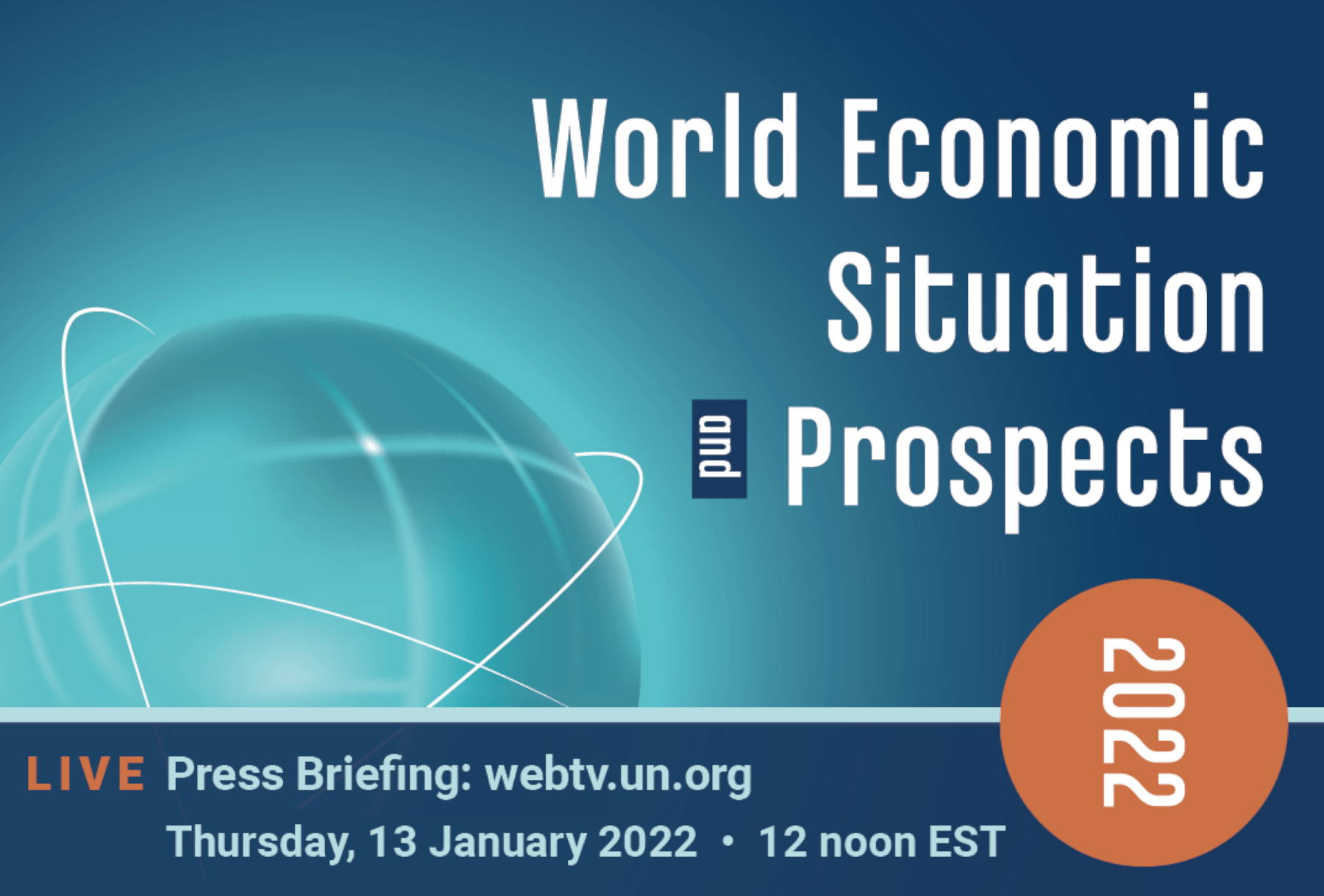END POVERTY FOR ALL PEOPLE EVERYWHERE
After decades of steady progress in reducing the number of people living in extreme poverty, the COVID-19 pandemic brings the first reversal. In 2020 global extreme poverty rose for the first time in two decades. About 100 million additional people are pushed into extreme poverty with the majority of the new poor being found in South Asian and Sub-Saharan countries where poverty rates are already high.
In January’s Goal of the Month editorial, we focus on Goal 1: Ending poverty in all its forms everywhere.
What is poverty?
Extreme poverty, defined as living on less than $1.90 a day, is more than a problem of lacking incomes or livelihoods. It is a multi-dimensional issue that is manifested by social injustice and inequalities, and has profound consequences on education, social cohesion, health, and wellbeing.
Why ‘Ending Poverty’ is important?
The well-known anthropologist and UN Messenger of Peace Jane Goodall once said: to fix the world’s environmental crisis, we must fix poverty. People living in extreme poverty don’t have the luxury of making choices. They must do what they must to survive and may cut down the last trees just to grow a bit of food for their family.
In 2021, it is estimated that 711 million people live in extreme poverty worldwide.
As the world recovers from COVID-19, we cannot go back to the endemic structural inequalities that perpetuated poverty even before the pandemic. Ending poverty requires systemic change, from raising awareness of social inclusion and providing universal access to education to reducing inequalities and demolishing the social, economic, and legal systems that reinforce the cycles of poverty.
HIGHLIGHTS
- World Economic Situation and Prospects 2022 launch | 13 January
- Global Goals Week at World Expo Dubai | 15-21 January
- 5th UN Conference on the Least Developed Countries (LDC5) | 23-27 January









